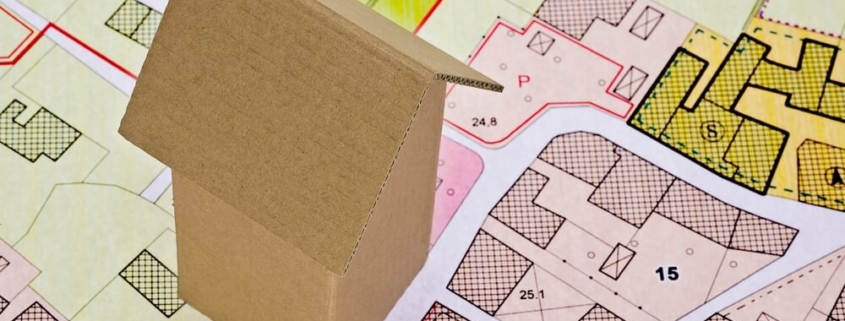Common Legal Issues with Land Use and Zoning
The world of land use law is essential in the development of society. Without proper zoning and usage laws, cities would be a mishmash of commercial buildings, private homes, and unused plots. While zoning laws can help maintain order and create a sense of efficiency in communities, they can also place arbitrary restrictions on people or lead to disputes.
As a homeowner or business owner, it’s important to understand local land use and zoning laws. They help you know and enforce your property rights. For more in-depth assistance with your real estate legal concerns, call Evans Law at 410-626-6009.
Legal Issues with Zoning
Zoning laws determine how a municipality’s land will be split up. Generally, a municipality is divided into separate zones for residential use, commercial use, and industrial use. There are also regions with agricultural and historical zones.
Each type of building has its own requirements and limitations and mixing these types of buildings can often result in disorder and inefficiency for residents. In some municipalities, you’ll find mixed-use zoning areas. These allow multiple types of buildings to coexist in the same zone.
One common legal issue that homeowners and business owners may face is zoning variances. These occur when someone wants to use land in a specific zone for a different purpose.
For example, consider a neighborhood zoned for residential use. Someone wants to buy a home and use it as an office building because of its unique structure. This would be allowed in a commercial zone but would require a variance in a residential zone. When someone requests a variance, there is typically a public hearing.
During the public hearing, the person requesting the variance can make their case and explain their request to the general public. Those who will be affected by the change—primarily neighbors and other neighborhood residents—can also make their arguments and present their opinions. These hearings can sometimes become heated and cause fractures within the neighborhood.
Easements
An easement exists when one party has some right to use another party’s property for a specific reason. Consider, for example, two houses that are next door to each other. The driveways appear to be merged as one, but one neighbor actually owns the first ten feet of the driveway as measured from the road. The other homeowner can only access their driveway by using the first party’s. The second party may be granted an easement.
Implied easements are commonly found when a parcel is split into multiple parcels. When this is done in a way that divides up an existing pathway or other feature, the party that no longer owns the feature may still be permitted to use it.
Trespassing and Adverse Possession
Trespassing is an obvious issue for landowners but isn’t necessarily a land-use issue until it becomes adverse possession. Adverse possession happens when someone besides the owner of the property takes possession of it.
They may do so by squatting on it, building on it, and forcing the original owner to sort the matter out in court. The most dangerous aspect of adverse possession is that many states’ laws allow the non-owner to gain legal ownership of the property if they use it for a set period of time.
However, if someone claims ownership via adverse possession and you agree with it, you may sign over the portion of the property that they are requesting. You may also sell it to them for a mutually agreeable rate if they want to avoid going to court. You can also pay off a lien and save your home from being seized.
Eminent Domain
Eminent domain refers to the government’s right to seize private land and use it for the benefit of the public. For example, consider a local municipality that needs to build a school due to its growing population. For a variety of reasons, there is only one place where the school can be put, but the land is owned by a private party.
If proper compensation is paid, the government can seize the private land and use it to build the school. Private land may also be used to build a highway, railway, park, or municipal buildings. Fighting the government on an eminent domain issue is can be expensive and time-consuming. It is generally better to try to work out a deal that is mutually beneficial.
In recent years, eminent domain has been used increasingly to seize land from one private owner and transfer it to another. Usually, the private owner who wants the land is a larger entity that is building some type of major development and promises to bring jobs to the area, increase the tax base, or benefit the locality in some other way. Many people believe that using eminent domain in this way is a distortion of its original purpose, but courts have generally sided with the cities in these types of disputes.
Choose Evans Law for Your Real Estate Legal Needs
If you’re facing land use or zoning issues, it’s time to talk to an attorney and figure out what your best options are. Turn to Evans Law, a firm with extensive experience in a variety of real estate legal issues. Set up a meeting now by calling us at 410-626-6009 or reaching out to us online.





